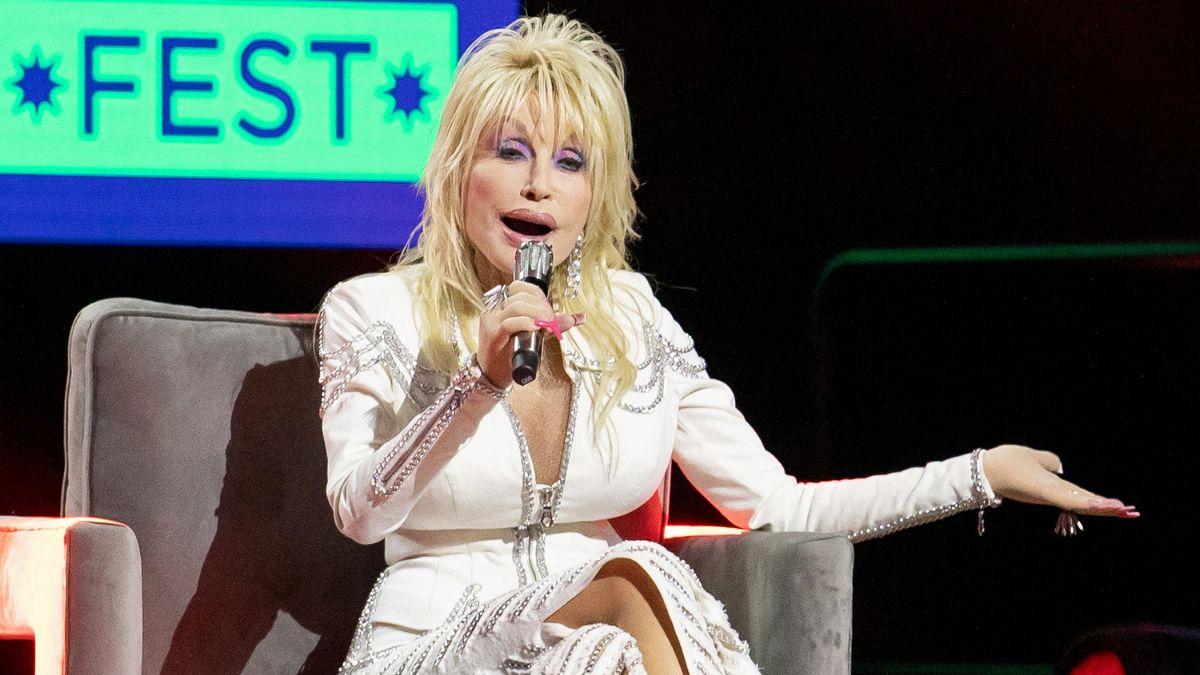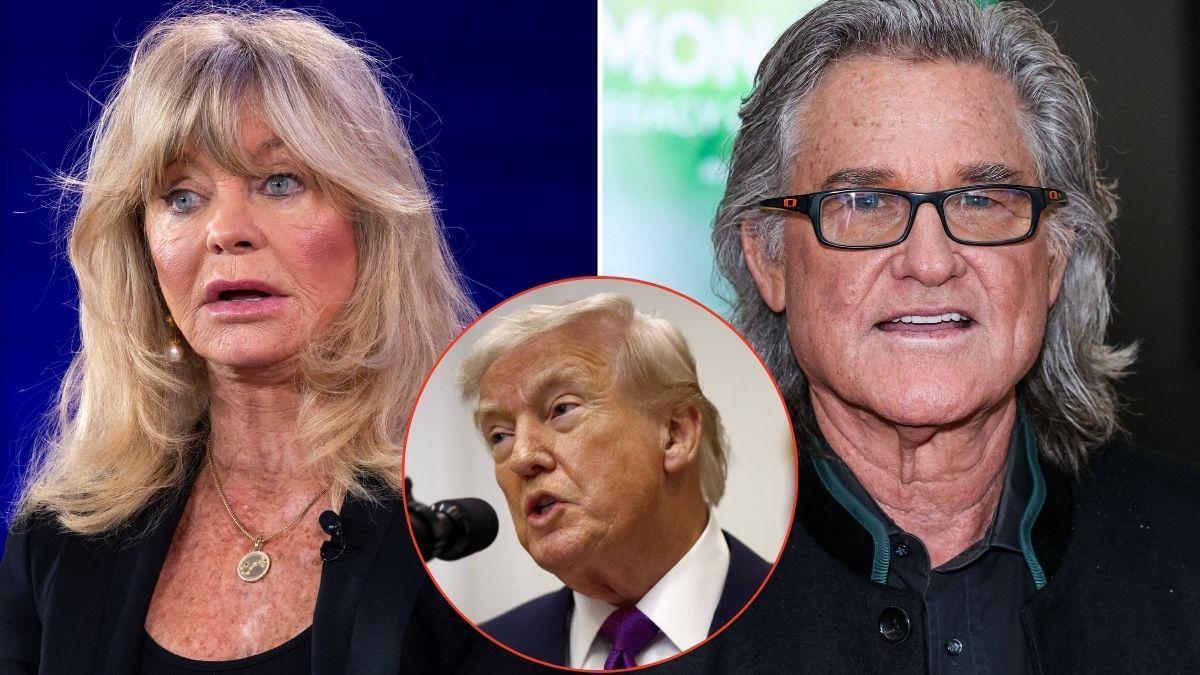EXCLUSIVE: 'The Bigger Loser' Docuseries Bombshells – We Reveal All the Disturbing Behind-the-Scenes Secrets Including Contracts, Caffeine Pills and the Horrifying Reason Contestants Were Gaining Weight
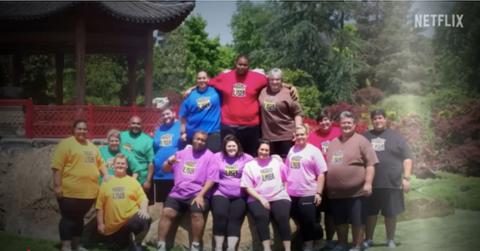
'The Bigger Loser' docuseries reveals behind-the-scene secrets about contracts, pills, and weight issues.
Sept. 20 2025, Published 7:00 a.m. ET
It all started with a sign.
In 2003, The Biggest Loser creator David Broome was at the gym when he noticed a note on the men's locker room bulletin board that read: "Help needed. Please help save my life. Obese person seeking trainer."
He thought: "'That's it. That's the show.' I just knew that that would be something that could change the way that we looked at reality television."
The Biggest Loser certainly did, RadarOnline.com can reveal.
Signing Up For The Show
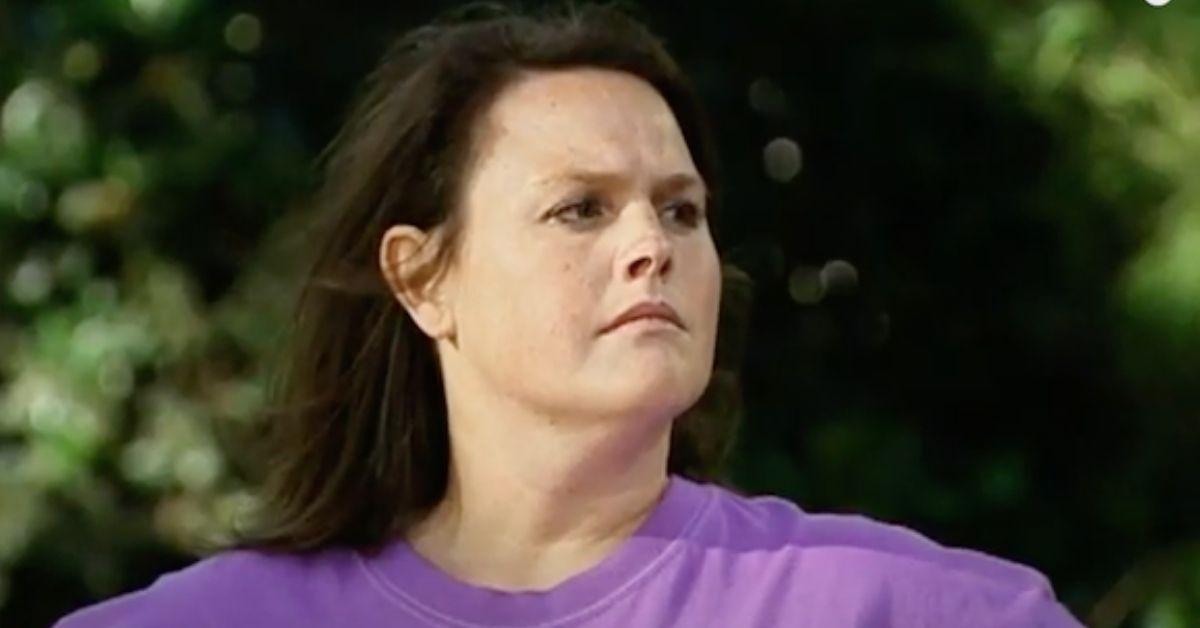
Tracey Yukich recalled being pressured to sign a thick contract before joining 'The Biggest Loser.'
Over the course of its 18 seasons, the weight-loss competition became a massive hit, spawning spin-offs across the globe.
But as Netflix's new documentary series Fit for TV: The Reality of The Biggest Loser found, for a series that espoused the benefits of diet and exercise, that wasn't all that was going on behind the scenes.
As Dr. Jennifer Kerns, a former contestant and medical advisor on the show, put it, "Achieving a dramatic weight-loss transformation was so valuable to people that they were willing to do anything that they had to to achieve it."
For Tracey Yukich, being asked to join The Biggest Loser was like "winning the lottery."
The show was her chance at getting the life and body that she'd always wanted – as long as she signed on the dotted line.
"It was a very thick contract. I remember ... reading it and thinking, 'I am not qualified to read this,' and thinking to myself, 'I need an attorney,' and actually asking for one," the season 8 alum shared.
"[Producers said] 'Sure, we can get you an attorney. No problem. But I got 10 other people waiting for your spot on the show. So, sign it and move on.'"
Which she did as she "was willing to take the risk."
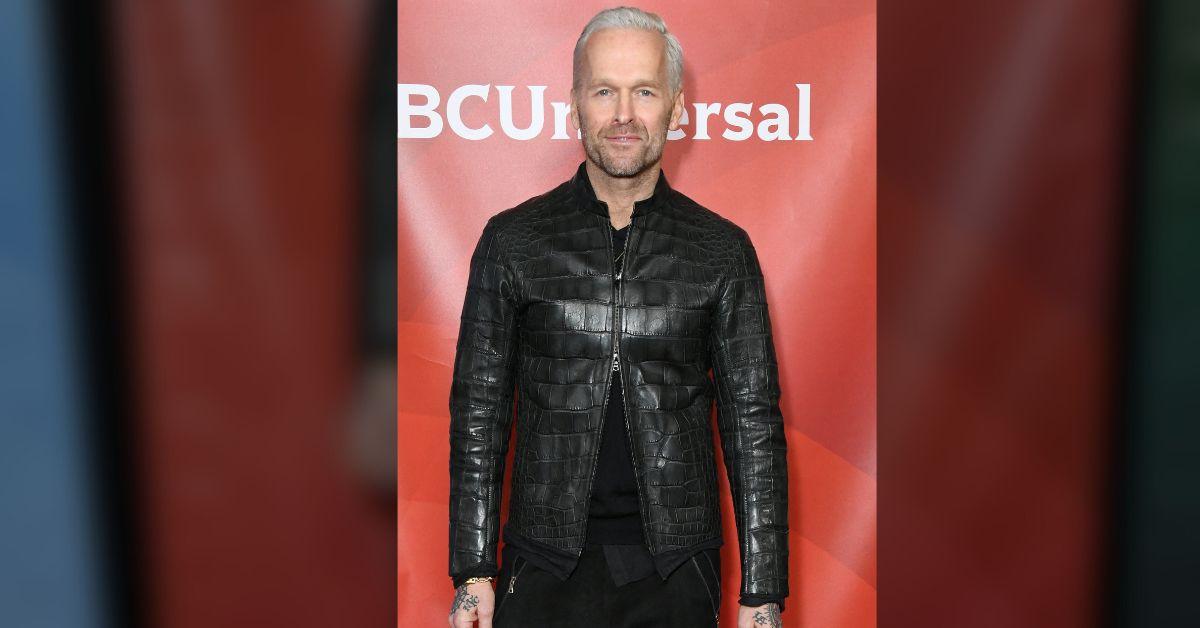
Bob Harper admitted diet was key but said producers preferred dramatic workouts for 'good TV.'
The first challenge Yukich and her fellow contestants faced was a one-mile run on the beach in extreme heat.
With the finish line in sight, the mom of four collapsed, her organs shutting down. "I almost died," she recalled.
Still, she was determined. Once she was well enough, she joined her fellow contestants at the ranch to work with personal trainers Bob Harper and Jillian Michaels, whose tough love approach raised eyebrows and ratings.
"What's more important for weight loss? We all know it's diet. But that becomes boring television," Harper, 60, admitted.
"You know what's not boring television? To see us in a gym, yelling, screaming. That's inspirational. That's 'good TV.' And producers loved that s**t. They were like, 'We want 'em to puke. We want the madness of it all.'"
Extreme Measures Taken To Lose Weight
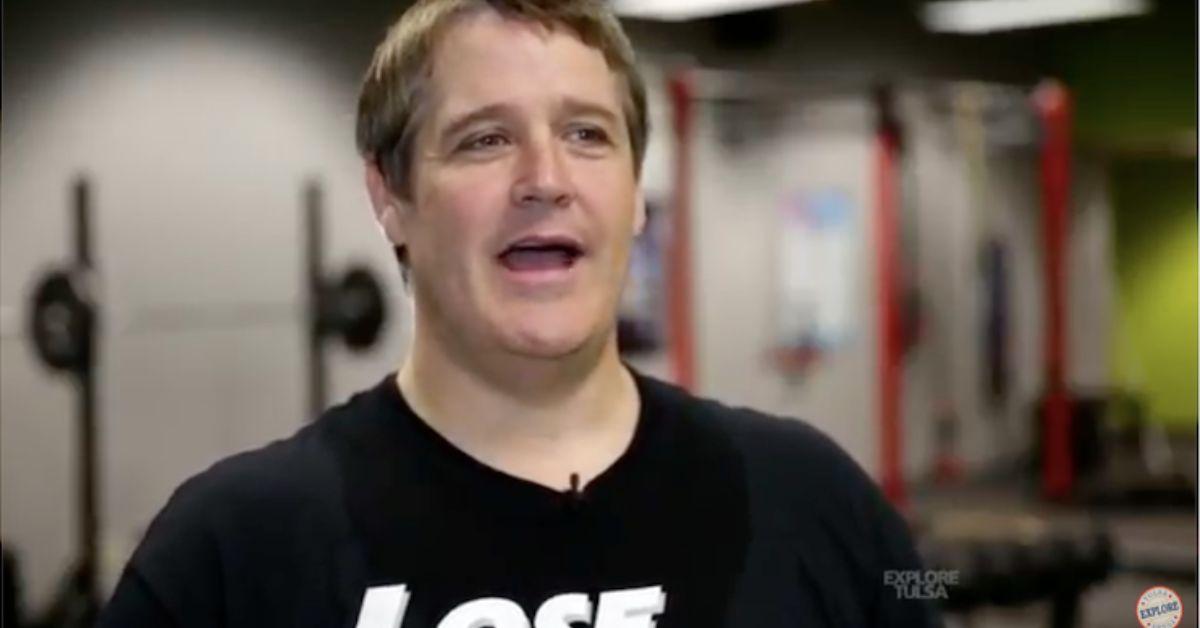
Danny Cahill revealed contestants sometimes cut calories drastically during 'The Biggest Loser.'
The contestants pushed themselves.
"We went to the gym and exercised outside for five, six, seven, even sometimes eight hours a day," said season 8 winner Danny Cahill. "It was hell on our bodies."
But with a $250,000 grand prize on the line, he said, "Sometimes you're tempted to do things that you maybe shouldn't do."
When his weight loss began to plateau, for instance, he cut his calories to just 800 a day.
At some point, he said, he was given caffeine pills.
"You're allowed one of these a day," he said. "But they were approved by the trainer."
His subsequent weight-loss streak broke records.
But according to Biggest Loser medical advisor Dr. Robert Huizenga, caffeine pills weren't allowed.
"It was in the show rules," he said, adding: "If a trainer tells you something different and you elect to do that, that's on you."
Michaels Denies Any Wrongdoing
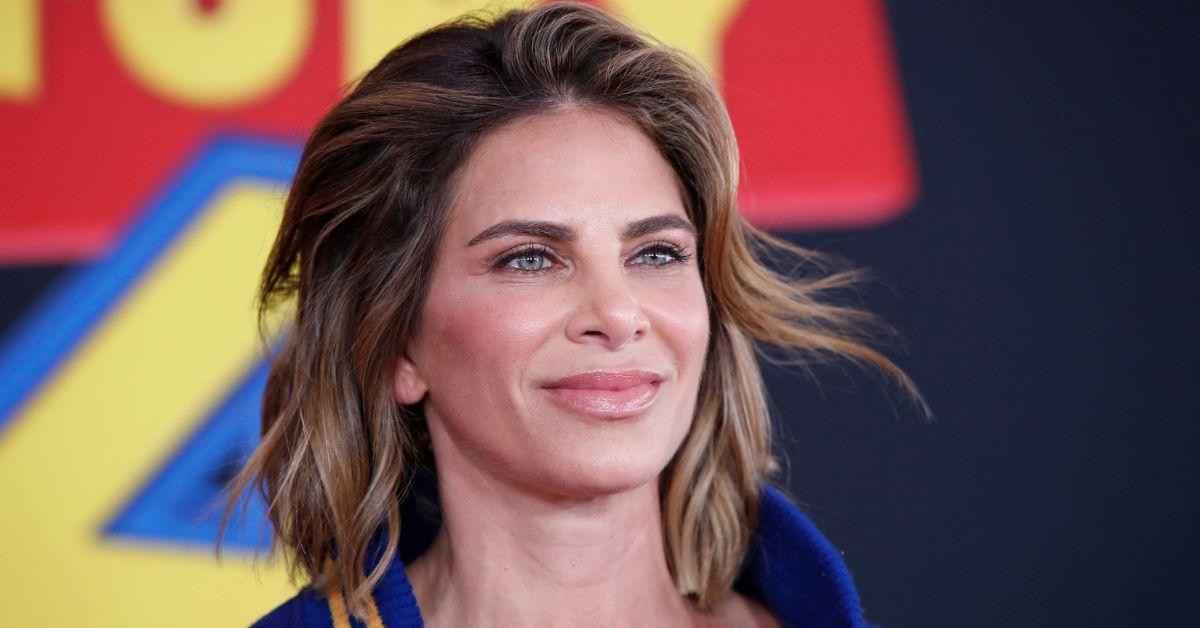
Jillian Michaels denied wrongdoing and claimed Dr. Robert Huizenga approved caffeine pills.
In season 15, Michaels, 51, was discovered to have given them to contestants, and her team was penalized.
While she declined to participate in the docuseries, the instructor took to Instagram on August 19 to claim that Dr. Huizenga did approve the caffeine pills and that the fat burners were fellow trainer Harper's suggestion.
Michaels even provided screenshots of their alleged conversations.
"Wild how some folks still lie like it's 1985 before texts and emails were a thing," wrote the fitness expert, who later went on TMZ to say that she was considering suing Dr. Huizenga, and Harper, as well as Netflix and the doc's producers.
Struggles After The Show
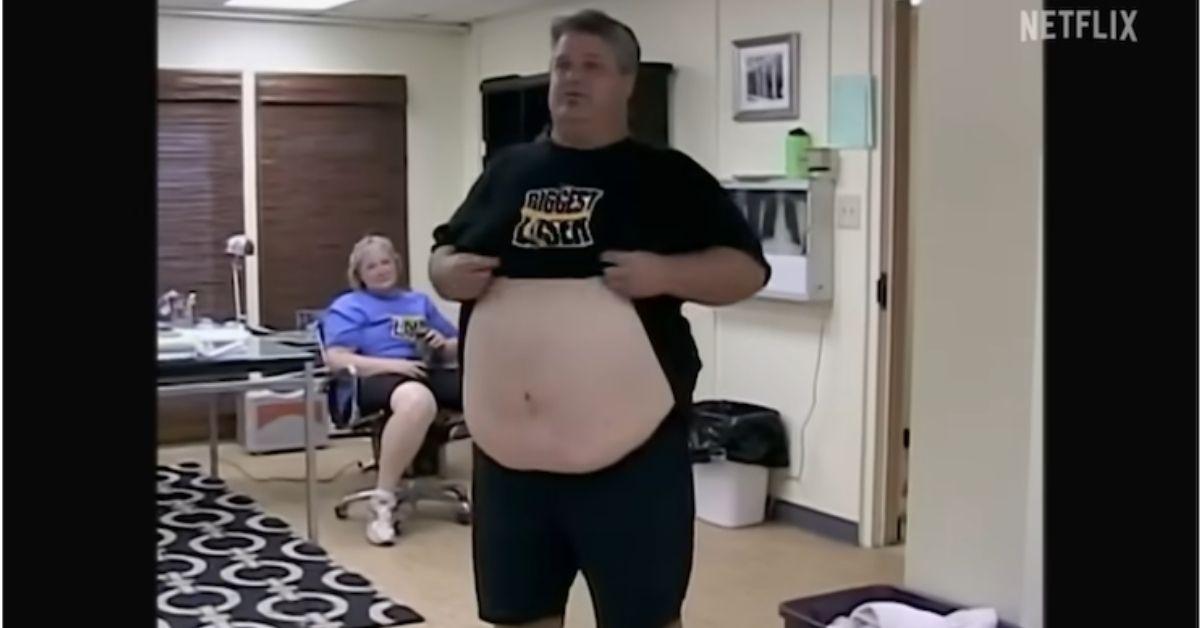
A 2016 'New York Times' report found some contestants ended up heavier after 'The Biggest Loser.'
The drama didn't end once the contestants returned home.
"After you win, you keep the weight off for a while," said Cahill.
But not for long. Within a few years, he had gained almost all of it back – and he wasn't the only one.
In 2016, the New York Times reported that scientists found that four of 16 contestants from one season actually became heavier than when they signed up for the show because their metabolism was permanently damaged.
The findings were shocking, said Cahill.
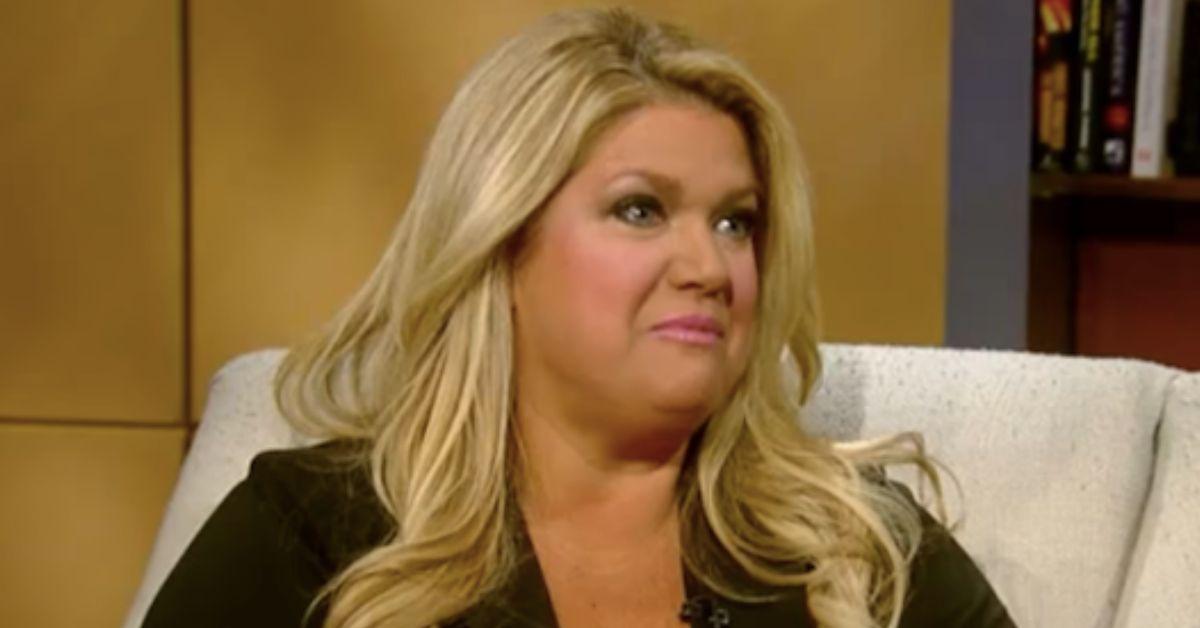
Suzanne Mendonca said she developed an eating disorder following her time on 'The Biggest Loser.'

Others, like season 2 alum Suzanne Mendonca, weren't as surprised.
When she returned home from the show, she put on 20 pounds instantly.
"I was out there pounding the pavement, running 10 miles, training eight hours a day. It was just all-consuming," she revealed.
"I came back with a severe eating disorder. I stopped eating. Having that stress of being judged on your weight all the time."
Dan even reached out to producers for help, suggesting that an aftercare program be created for contestants, but they weren't interested, he said, adding: "Hundreds of millions of dollars that were made by the show, if just a little bit of that would have been laid aside for the 300 to 400 people that have been on the show, I think they would've had a lot more successful people and what a testimony that would have been."
The Show Was Canceled In 2016
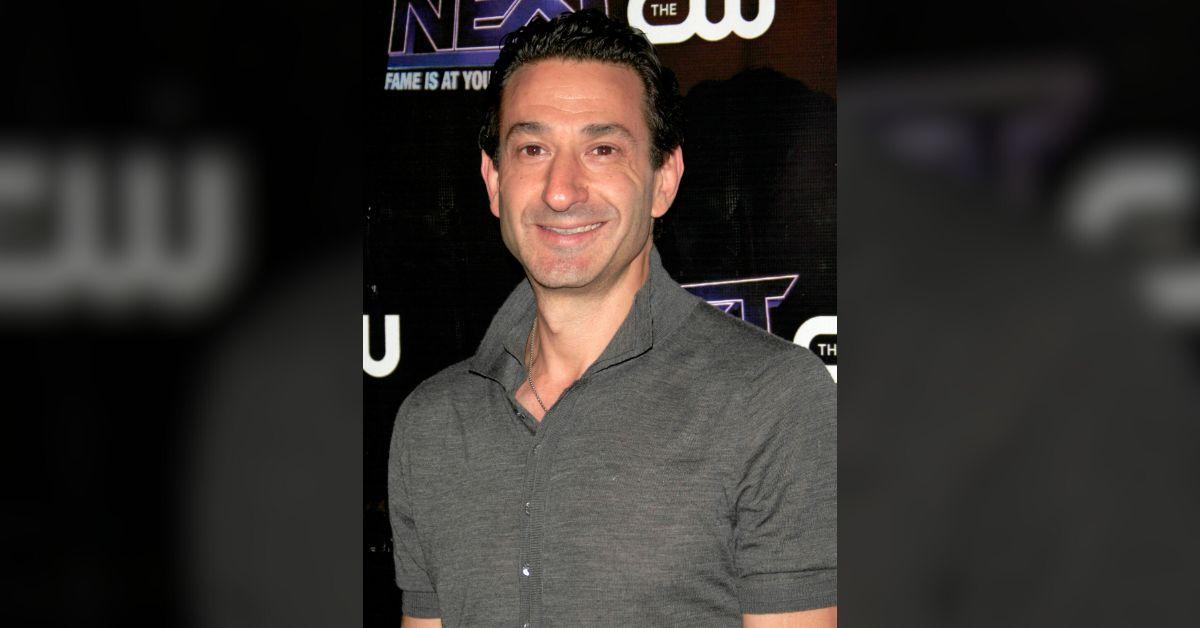
David Broome defended 'The Biggest Loser,' though Suzanne Mendonca said it was never about health.
Instead, amid public scrutiny, the show was canceled in 2016.
"I'm not gonna sit here and say [the show] was perfect or that The Biggest Loser didn't make mistakes," said Broome. "But we did everything we could to stay on top of their progress."
Mendonca disagreed.
"The show wasn't selling how to get healthy. The show was selling, 'How do we appeal to millions of people,'" she countered.
"Why didn't anybody forewarn me on this? Why didn't anybody let me know that I could have just ruined my life?"

